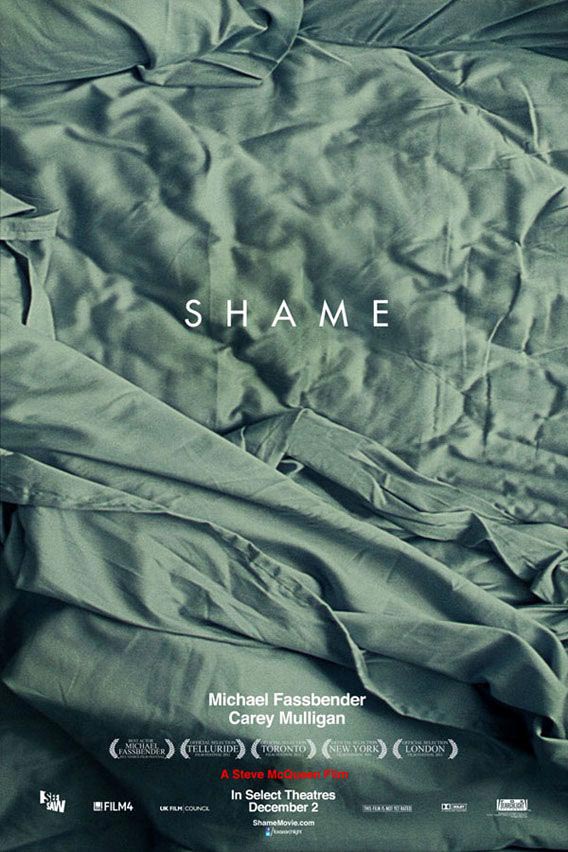
4/10
Brandon Sullivan (Michael Fassbender) has an addiction. He does not struggle against it, seek therapy
to cure it, or deny its existence; he learns to cope with it and attempts to
shape his life around it to create routine and give it space. Brandon is addicted to sex but appears to be
a bit more OCD about it than the regular sex addict looking to score at the
club on a weekend. He has a handle on
his issue enough to know specifically what he wants. This specificity is most likely his limiting
factor when it comes to real life relationships and intimacy, but Brandon’s
life seems mostly manageable with the boundaries he sets for himself and the rigid
schedule he follows.
This routine is shattered when a person whose phone messages
he has been ignoring suddenly shows up in his apartment, his sister Sissy
(Carey Mulligan). There is a hospital bracelet
around her wrist but the audience does not know why. It appears Sissy has interrupted Brandon’s
life before but the audience is unaware of that as well. There is a lot the audience is not let in
on. Shame is set strictly in the
present. There are no flashbacks, no
conversations discussing the past, and only vague references to any events ever
occurring from a day earlier than yesterday.
Brandon has a job, goes to the office every day, seems
successful, but we do not know what it is he does. His preferred M.O. is to get through the day,
perhaps enjoy a drink after work, and then settle in front of his laptop for a
night full of pornography to watch.
Sometimes he ends up with a bar conquest engaging in sex underneath a
bridge or pressed up against a window facing the world, but usually it is the
laptop sequence at night.
Sissy throws a wrench into this entire schedule. Since she is around, Brandon’s boundaries,
self-imposed limitations, and routine are altered which in turn alters his
judgment and decision making skills. Brandon
has some self destructive tendencies which Sissy does not intentionally
trigger, but she certainly does not dampen them either.
Unfortunately, the pacing and movement of Shame
stutters throughout the film. Think of a
pebble skipping across the water. When
it strikes the water, something happens and the water ripples away from the
impact. In Shame, this takes the
form of a long conversation between Brandon and Sissy, his boss, or an awkward
first date. However, when the pebble is
airborne between water strikes, nothing happens. There are extended sequences and tracking
shots following Brandon jog the streets of Manhattan, stare at a screen, stare
out the window, or just walk around and ponder.
Shame is not expressly about Brandon’s addiction, but more
about his lifestyle, how Sissy affects it, and how he responds to his sister in
her extended hour of need. The film
suffers a bit from those segments between conversations scenes where the camera
just follows Brandon around as he accomplishes inconsequential tasks. The only reason Shame has the buzz it
does in the public sphere is because of its NC-17 rating.
There are numerous and explicit sex scenes, frequent shots
of Fassbender in the altogether, and direct discussions of everything in
between. It is refreshing to see a film
which reflects reality as well as Shame does concerning sex, but just
because this is a rare occurrence, does not make it automatically superior to
an R-rated film which hides and sneaks around these matters. I do not recommend Shame precisely because
it is quite dull in those long portions between dialogue; however, if you are
looking for real situations which standard PG-13 and R-rate films gloss over, Shame
is a fine way to experience it.
No comments:
Post a Comment